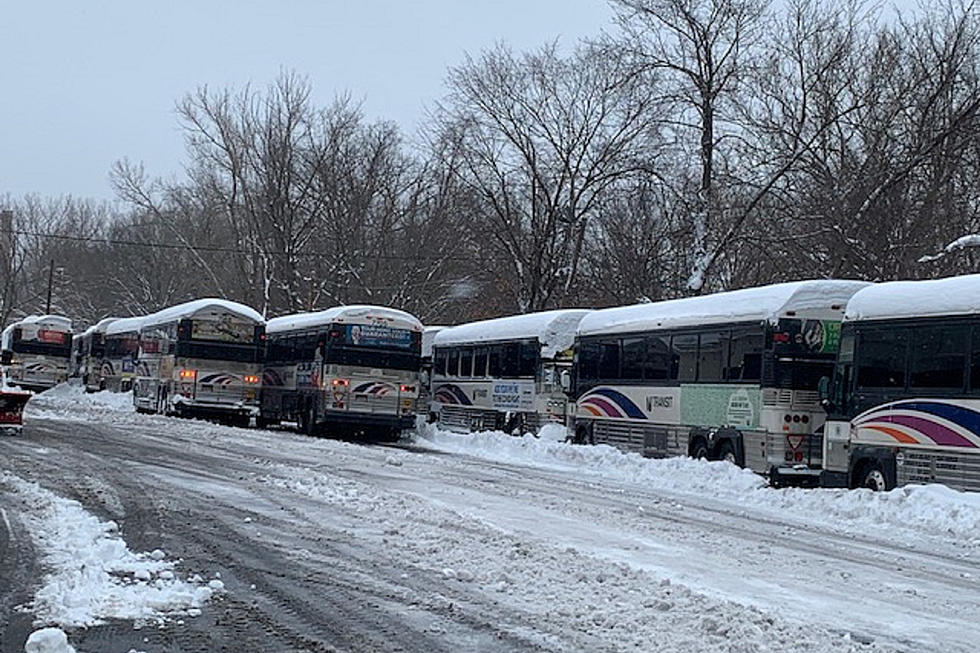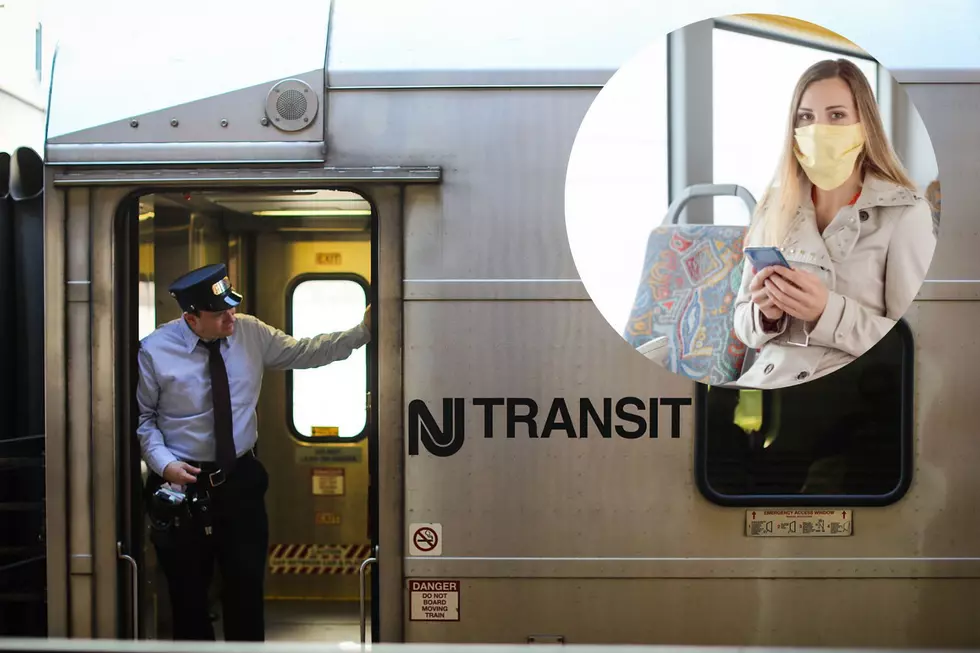
Report: NJ Transit must move quicker with switch to electric buses
A New Jersey law signed in 2020 calls for NJ Transit to make sure all of its bus purchases are zero-emission vehicles by the end of 2032.
According to a report released Wednesday by New Jersey Policy Perspective, there's no way the transit agency will come close to achieving that goal, unless something changes. In fact, according to the progressive think tank, progress toward a fully electric bus fleet will already be well behind schedule in just the next few years.
NJPP's report, which was released with a news conference over Zoom, pointed to the many ways NJ Transit can help offset the costly acquisition and deployment of electric buses, and identified potential sources of funding to make full electrification an attainable goal sooner rather than later.
"Under NJ Transit's current capital plan, full transition to electric buses won't occur until at least 2040," said report author Nausheen Rajan. "Through 2026, NJ Transit plans to devote $15 million towards the purchase of electric buses. That is only a fraction of the nearly $1.7 billion needed for bus purchases and deployment."
Published in 2020, NJ Transit's capital plan estimated that the total cost of replacing its diesel bus fleet with electric buses will cost about $5.7 billion.
Currently, zero electric buses are on the road for NJ Transit.
NJ Transit says it has not reviewed the report, but is rigorously working to meet the goals related to acquiring zero-emission buses.
NJ Transit, the nation's largest statewide public transportation system, is in the process of getting a pilot program off the ground that will run eight battery-powered buses in Camden. With the limited deployment, which is expected to begin at the end of 2021, the agency will be able to study the benefits and challenges of using zero-emission vehicles in a real-world setting.
"The pilot project also will review the infrastructure resources and work required to modernize NJ Transit’s bus garages to accept new charging stations, and the significant greater power feeds needed to energize them," spokesperson Nancy Snyder said.
The NJPP report notes that no funding mechanism exists for implementing diesel bus replacement. The report puts forth a number of funding recommendations from state, regional and federal sources, including "ending raids of NJ Transit's capital fund."
NJPP said the state can divert funds from "ill-advised" road-widening projects, and adjust certain taxes, such as the sales tax, to make room for more funding in this area.
"We need to move towards transitioning away from dirty diesel buses, especially in our cities, that pollute our air, lungs, and climate," said Doug O'Malley, director of Environment New Jersey. "NJ Transit is behind other major transit agencies including MTA on the transition to electrification."
According to the NJPP report, $213.7 million could be saved annually on bus maintenance alone, once the switch is made from diesel to electric vehicles. NJ Transit could save $44.5 million per year on fuel with the switch as well, according to the report.
"The cost of electric buses are expected to decline and battery leasing options are becoming more and more available," Rajan added.
Contact reporter Dino Flammia at dino.flammia@townsquaremedia.com.
How Many in America: From Guns to Ghost Towns
More From New Jersey 101.5 FM









